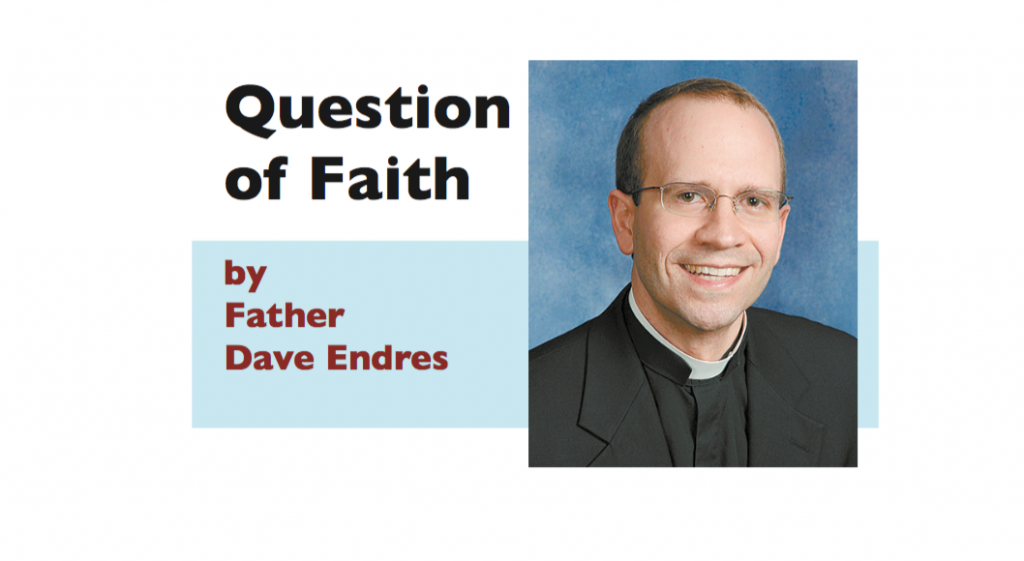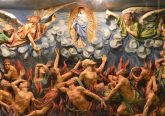A Question of Faith: What is dogma? It comes from authority
Q: In the case of a federal judicial appointee, adherence to Catholic dogma was criticized during the confirmation proceedings. What exactly is a dogma? Do other religions have them?
A: A dogma is a belief handed down as true by an authority. We frequently think of dogmas in matters of faith, but dogma can also be philosophical or political. Various religions, including Judaism, Buddhism, and Islam, emphasize correct belief or understanding, proposing a form of dogma.
But more so than any other religious tradition, Christianity is connected with dogma (and the related concept of doctrine). In the context of Catholicism, a dogma is divinely-revealed teaching that is proclaimed by the Church’s teaching authority (often called the magisterium, from the Latin word for teacher). Dogmas are the essential teachings of the Church and are often proclaimed by a council of the Church or by a pope when he explicitly states his pronouncement is dogmatic (as opposed to other kinds of papal teachings).
For Catholics, dogmas must be believed since they are of divine revelation, which is to say they are found in sacred Scripture or tradition (or both). These teachings are considered infallible and binding on all believers now and in the future; this is to say that the church’s dogmatic teachings are true and cannot change. Through the pronouncement of dogmas, the church witnesses to divinely revealed truths, but does not create these truths. Dogmas are always drawn from God’s revelation, and additional dogmas can be declared as the Church deepens its understanding of revealed truth.
Many ask if there is a particular list of dogmas. Some theologians have numbered the dogmas of the Church at more than 200. They include foundational beliefs such as Jesus’ two natures (God and man), Jesus’ resurrection from the dead, the transformation of bread and wine into the body and blood of Jesus at Mass, and the bodily assumption of Mary (a relatively recently declared dogma). These truths taken together are foundational for Christian belief, but an emphasis on particular dogmas should not lead us away from proclaiming the entirety of the faith lest a focus on the parts obscures the whole.
Dogma is frequently confused with other levels of Church teaching. Not all Church teachings are dogmatic. Though they are sometimes used interchangeably, doctrine is a more general term used
to describe a wider breadth of Church teachings, not just those dogmatically defined which must be believed by all the faithful. Not all doctrines are infallible or unchangeable. Put more simply: all dogmas are doctrinal; not all doctrines are dogmatic. Other Church “teachings” are not teachings, but disciplines or practices (such as fasting on Ash Wednesday and Good Friday), which are neither dogma nor doctrine.
In our relativistic culture, holding to any irreformable ideas, especially religious truths, has come under criticism.
In separate cases in 2017 and 2018, Catholic judicial nominees were criticized for firmly holding and adhering to the dogmas of the Catholic faith. In these cases, Catholic belief was considered – at least by some – evidence of “extremism.”
The dogmas of the Church testify to the faith of Catholics and witness to the constancy of the Church’s teaching. The culture may judge a dogma on the basis of what it says, but the Church has long judged dogma on the basis of its source. For that reason, dogmas need not align neatly with cultural, social, or political attitudes or positions since they rest on a higher authority as truths that God has revealed.














